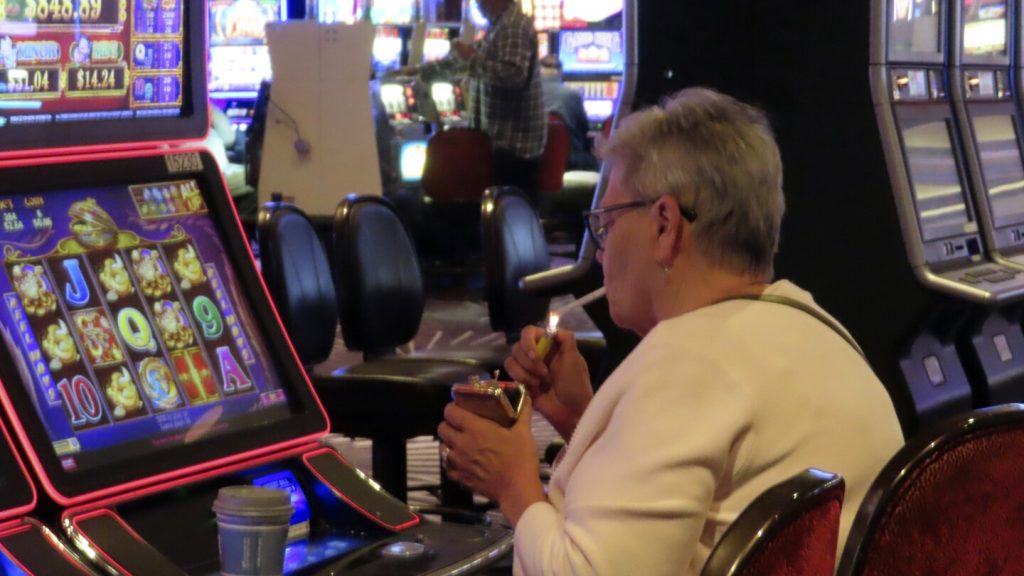A group of Atlantic City casino workers have asked a judge to ban smoking in the casinos, citing the toxic effects of working in a “poisonous” atmosphere. They argue that inhaling secondhand smoke has led to various respiratory ailments and illnesses among workers. The issue of banning smoking in Atlantic City casinos is not unique to this region, as workers in other states such as Rhode Island, Pennsylvania, Kansas, and Virginia are also expressing concerns about secondhand smoke exposure. Currently, smoking is allowed on 25% of the casino floor in Atlantic City, leading to inconsistent levels of secondhand smoke exposure for workers.
The United Auto Workers union, representing dealers at several Atlantic City casinos, has filed a lawsuit seeking to overturn New Jersey’s indoor smoking law, which allows smoking in casinos but bans it in most other workplaces. The union argues that the law prioritizes the profits of casinos over the health and safety of workers. The attorney representing the workers emphasized the need for equal protection under the law and a constitutional right to safety. On the other hand, the state’s Deputy Attorney General argued that there is no such constitutional right to safety and raised concerns about the economic impact of banning smoking in casinos, citing the revenue generated for programs benefiting senior citizens and the disabled.
Opponents of the smoking ban dispute claims that casinos would lose business if smoking is prohibited, pointing to studies showing improved financial performance for casinos that ended smoking. They argue that the argument of allowing people to be exposed to toxic smoke for the sake of casino profits is unethical. Casino workers who support the current smoking policy acknowledge the risks but believe that smoking is simply a part of the job that they have accepted. They fear that a smoking ban could lead to significant job losses in the industry, as many workers may be forced out of their jobs if smoking is prohibited.
The Casino Association of New Jersey highlighted the long-standing tradition of smoking in Atlantic City casinos and emphasized that patrons have continuously smoked since the first casino opened 46 years ago. Efforts to change the smoking policy in Atlantic City have faced challenges, with competing bills introduced in the state Legislature to either ban or regulate smoking in casinos. The debate over smoking in casinos remains ongoing, with no definitive action taken on either proposed bill.
The issue of banning smoking in Atlantic City casinos reflects a broader debate about public health, workers’ rights, and economic interests within the gambling industry. Workers are advocating for a healthier work environment that protects them from the harmful effects of secondhand smoke, while the state and casino representatives are concerned about the potential loss of revenue and impact on programs benefiting vulnerable populations. The decision on whether to ban smoking in Atlantic City casinos will have significant implications for workers, patrons, and the industry as a whole, highlighting the complex balance between public health and economic interests. Judge Patrick Bartels is expected to issue a ruling on the matter soon, following arguments presented by both sides in court.


